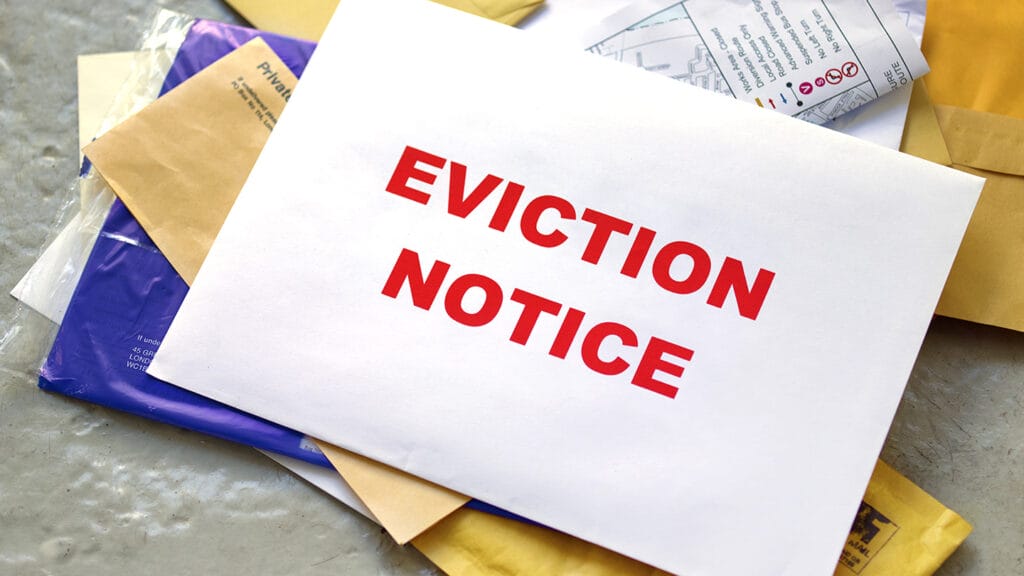
A proposed rule would extend federal protections put in place during the COVID-19 public health emergency to protect affordable housing residents during eviction procedures.
The US Department of Housing and Urban Development published the proposed rule in the Federal Register Friday, requiring affordable housing providers to give a 30-day notification prior to beginning the formal eviction process for lease terminations for nonpayment of rent. The requirements cover multifamily project-based rental assistance (PBRA) projects, including Section 202 Supportive Housing for the Elderly Program providers.
The proposed rule also would require the notice to include instructions on how residents can resolve lease violations, and information on how to recertify their income and request a minimum rent hardship exemption, if applicable, to avoid eviction.
According to HUD, the proposed rule would impact 3.9 million people, including 2.2 million in 1.4 million households in PBRA programs.
“This proposed rule would give many HUD-assisted renters an opportunity to catch up if they fall behind on rent and avoid the harmful consequences of evictions, while also preventing landlords and public housing authorities from encountering costly unit vacancies,” Principal Deputy Assistant Secretary for Policy Development and Research Solomon Greene said in a statement.
LeadingAge said the proposed rule emphasizes the “disparate harm” eviction filings cause people of color, women and families.
Prior to the pandemic, HUD regulated eviction for nonpayment of rent, and the timing of eviction notices, only in certain scenarios for particular HUD programs. HUD published an interim final rule in October 2021 to support households financially impacted by the pandemic, extending lease termination notices to a minimum of 30 days. HUD’s new proposed rule formalizes this requirement beyond the public health emergency.
HUD estimated that 70% of HUD-assisted households for PBRAs and public housing live in states that require housing provides to provide tenants with an eviction notice seven days or less before eviction, 26% of these households live in states that require eight to 14 days notice, and 3% live in states that require 15 to 30 days notice.
LeadingAge indicated it would submit comments on the proposed rule indicating its support for eviction prevention efforts.
Comments are being accepted until Jan. 30, 2024.


